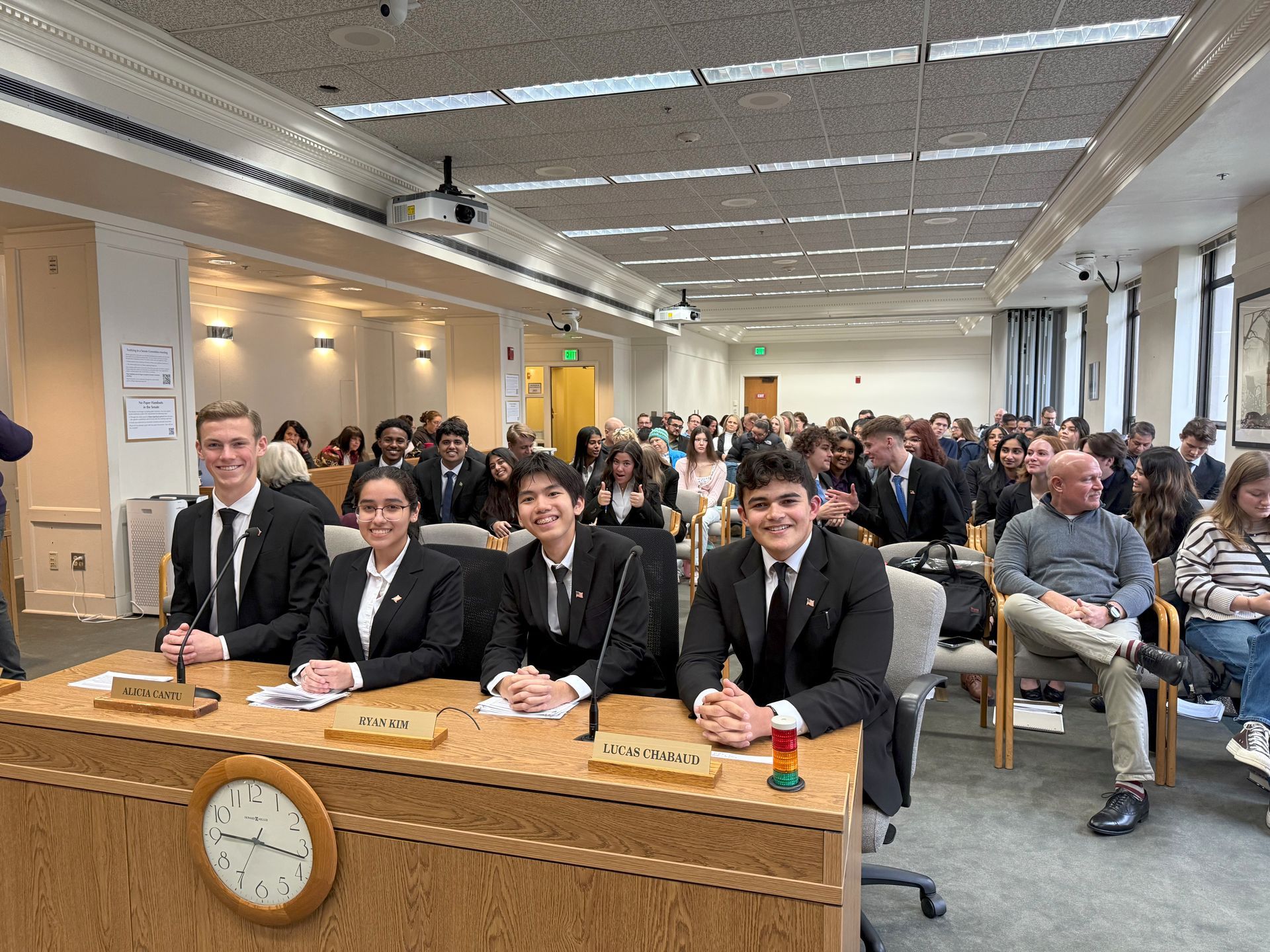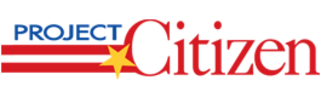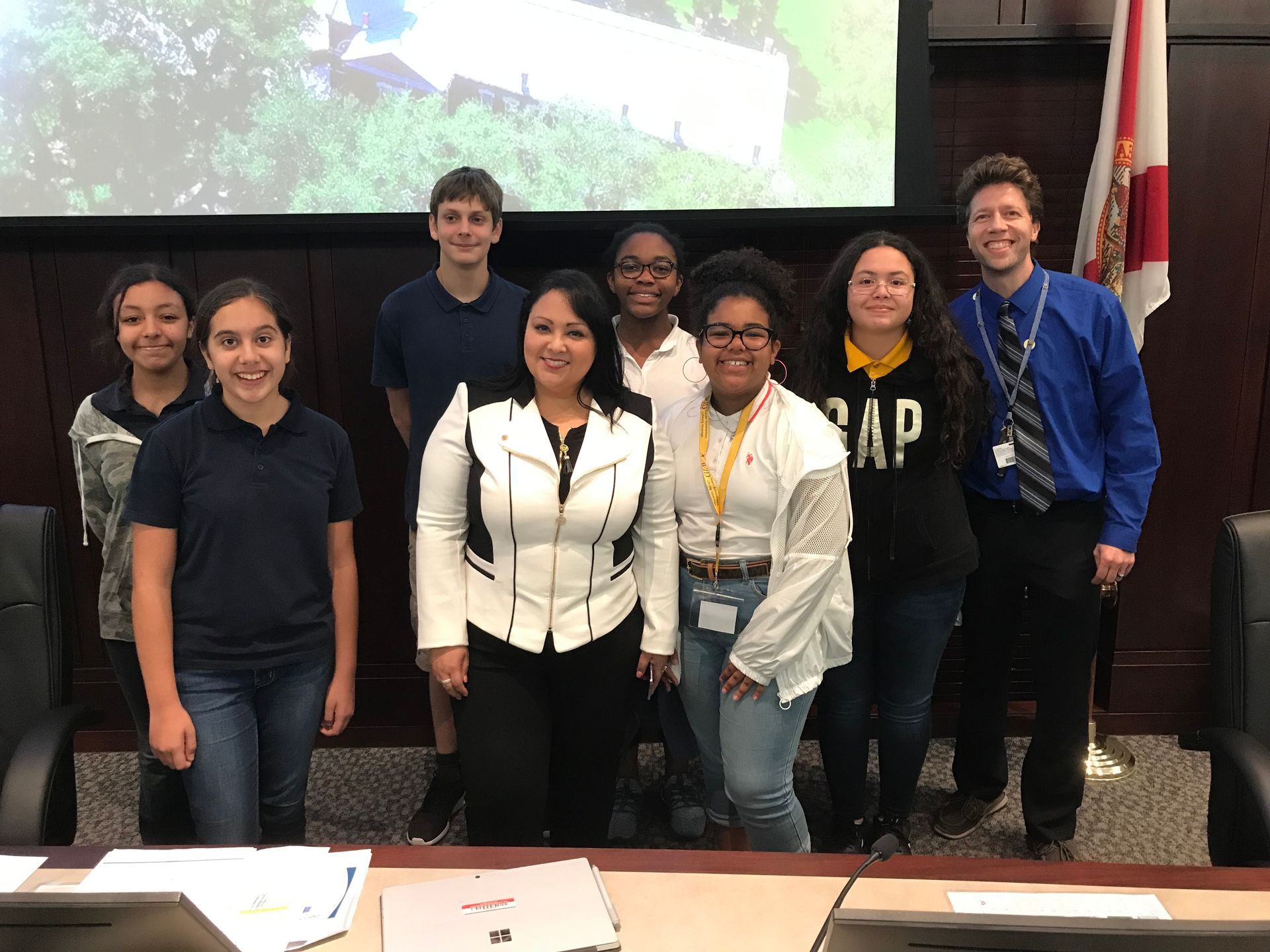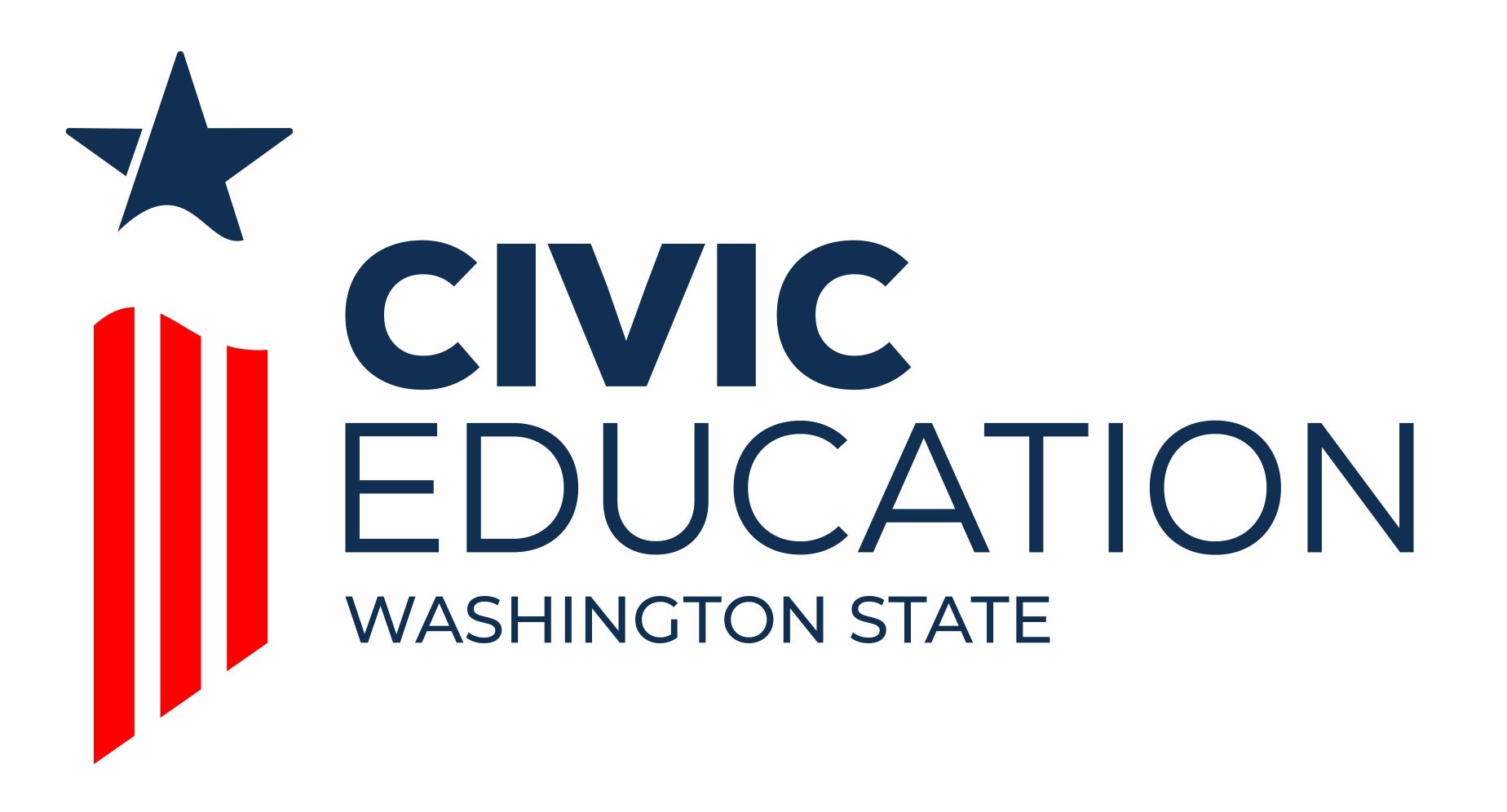Trainings
Empowering Teachers to Bring Civic Learning to Life
Civic Education Washington offers high-quality training opportunities for elementary, middle and high school educators committed to advancing civic literacy, constitutional understanding, and public policy engagement in their classrooms.


The prestigious We the People: Civics that Empowers All Students (CEAS) program. This is a federally-funded project of the Center for Civic Education that supports effective educator development through the Center’s flagship curricular program: We the People: The Citizen and the Constitution.
Register for We the People Training at Tacoma, WA from July 21-25, 2025
Decades of research has demonstrated that effective instruction in this curricular program increases students’ problem-solving, critical-thinking, decision-making, and communication skills. Students also have been shown to gain a greater sense of belonging, understanding of their community and government, and English Language Arts skills as they engage in collaboration, dialogue, reading, writing, presentation, and reflection as a result of participating in these curricular programs.
You will become an expert teacher of We the People and receive the following benefits:
- Paid in-person summer institute
- Classroom set of textbooks
- Yearlong professional learning
- Ready-to-use lessons and resources
- A stipend for completing research requirements
- Engaging pedagogy and academic content
- Gain a supportive national network of civic educators
- Access to inspiring scholars and guest speakers.
As part of the CEAS program, you would participate in a 36-hour summer institute at Tacoma, WA from July 21-25, 2025. Among the responsibilities of this research grant is that the teacher must be able to use the We the People or Project Community program during the 2025-26 academic year, which includes:
- Using the materials for a minimum of 40 hours over the course of the year.
- Engaging students in a culminating activity. This activity can take place within the classroom and may involve bringing in members of the outside community to engage with students, as appropriate.
- Administering online pre- and post-tests to students to measure their growth in civic knowledge, skills, and dispositions as a result of the curriculum. Anonymous results will be submitted to Georgetown University for national research on student outcomes.

Project Community (PC) program empowers 4th-8th grade educators to teach media literacy and civic engagement to underserved students. It bridges the civic empowerment gap by providing inclusive civic education and modern media literacy lessons tailored to various identities, abilities, and challenges. The program is open to 4th-8th grade teachers in Arizona, California, Hawaii, Nevada, and Washington. This program uses the Project Citizen curriculum with new Media Literacy lessons.
Register for Project Community program (Project Citizen curriculum).
You will become an expert teacher of Project Citizen and receive the following benefits:
- Paid in-person summer institute
- Classroom set of textbooks
- Yearlong professional learning
- Ready-to-use lessons and resources
- A stipend for completing research requirements
- Engaging pedagogy and academic content
- Gain a supportive national network of civic educators
- Access to inspiring scholars and guest speakers.
As part of the Project Community program, you would participate in a 30-hour summer institute at Phoenix, AZ from July 7-11, 2025. Among the responsibilities of this research grant is that the teacher must be able to use the We the People or Project Community program during the 2025-26 academic year, which includes:
- Using the materials for a minimum of 40 hours (CEAS) or 20 hours (PC) over the course of the year.
- Engaging students in a culminating activity. This activity can take place within the classroom and may involve bringing in members of the outside community to engage with students, as appropriate.
- Administering online pre- and post-tests to students to measure their growth in civic knowledge, skills, and dispositions as a result of the curriculum. Anonymous results will be submitted to Georgetown University for national research on student outcomes.

